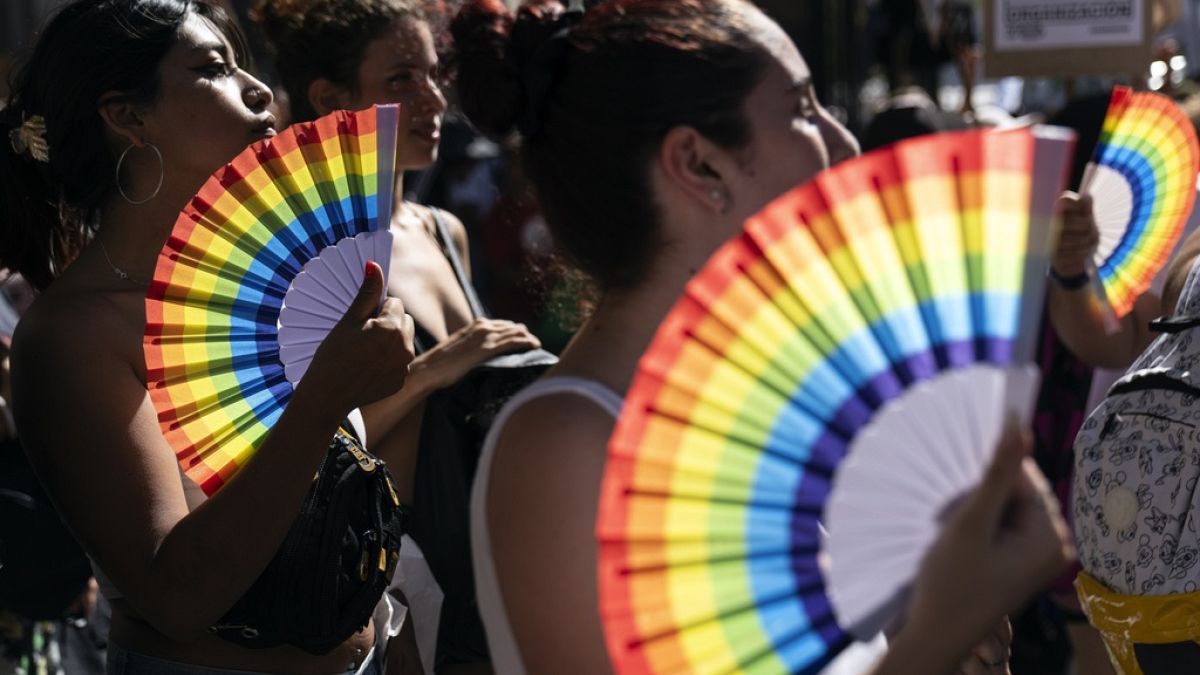
Designer Xuanhao Li has merged digital fabrication and traditional craftsmanship to turn discarded polyethylene packaging into marine-informed lighting.
The Polycycle Illumination collection repurposes disposable plastic film – a material that causes issues in recycling systems – into translucent, jellyfish-shaped table lamps.
By utilising industrial plastic waste from an Atlanta-based furniture manufacturer, the project aims to pioneer a zero-waste approach combining parametric design with CNC cutting and heat-pressing techniques.

Polyethylene (PE) film, widely used in packaging, is seldom recycled. Xuanhao heat-fused layers of the plastic sheets into flexible, semi-transparent panels. These are then precision-cut using CNC machines and hand-assembled into interlocking, textile-like lampshades.
The biomimetic designs reference jellyfish forms, subtly underscoring plastic waste’s threat to marine ecosystems.
“I wanted to transform pollution into something poetic,” explained Xuanhao.
“The translucency and flexibility of plastic film – often viewed as drawbacks – become virtues in creating ethereal lighting effects.”

The process begins with a bespoke parametric algorithm generating knit-like patterns, enabling rapid design iterations. CNC technology ensures consistency while manual assembly preserves artisanal quality.
Currently produced in Xuanhao’s Atlanta studio, the project plans to relocate production to China, sourcing local plastic waste to reduce transport emissions.

“I hope this project can address a grim reality: marine creatures frequently mistake floating plastic for jellyfish, ingesting deadly debris,” said Xuanhao.
“By extending PE waste’s lifespan as functional art, the collection aims to stimulate dialogue about circular design,” he added.
The lamps, designed for eco-conscious consumers and museum exhibitions, combine aesthetic appeal with an urgent environmental message.

For Xuanhao, his future plans include expanding the product range and collaborating with NGOs to raise awareness of marine plastic pollution.
Polycycle Illumination won Dezeen Awards China 2024 design project of the year. It was also named lighting design of the year.
Other China design projects include a watch with built-in bottle opener.
Dezeen Awards China 2025 has launched in April. Head to our website or our WeChat account for more information. Submit your projects before 24 June for a chance to win the ultimate prize.
The post Polycycle Illumination turns plastic film waste into jellyfish-like lamps appeared first on Dezeen.

















Leave a comment